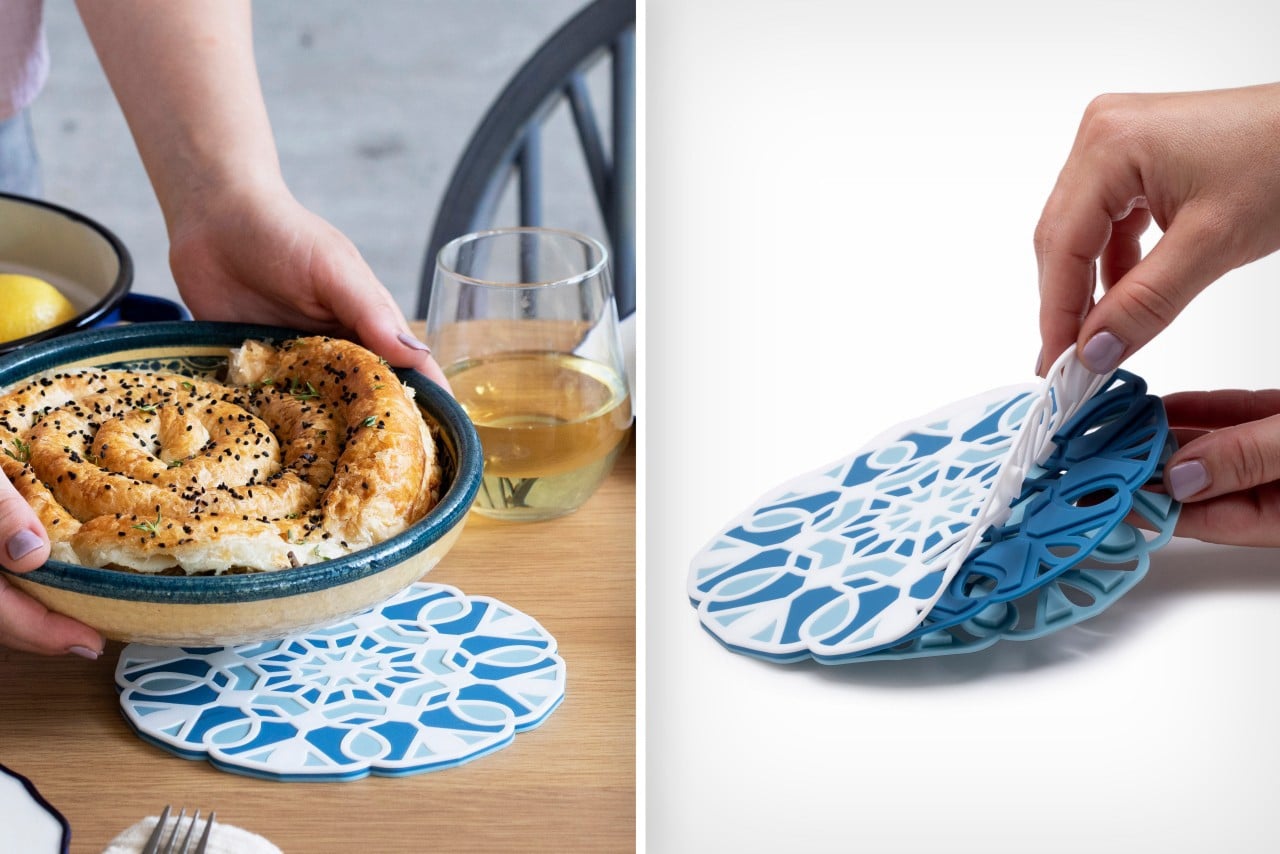
A brilliant example of how form, function, and art can coexist, Peleg Design’s TriveTiles aren’t just decorative trivets for your table. These Mediterranean-inspired artistic trivets are, in fact, elaborate puzzle pieces. Pull them apart and one single trivet turns into three separate trivets that you can use to keep multiple hot dishes on your table. Cooking a one-pot meal? Put the trivets back together and you’ve got yourself a single gorgeous heat-resistant Moroccan artistic tile that complements your decorative ceramicware beautifully… or adds a pop of vibrant color to your table if you primarily use solid-color IKEA plates and Le Creuset cookware!
Designer: Peleg Design
The TriveTile’s design can be credited to the various cultures that use similar floral/geometric patterns all across the Mediterranean. They can be seen in France and Italy, and find roots as far east as Turkey, although they’re more commonly known by the term Zellige in Morocco, where they feature heavily in the architecture of the country. The TriveTile uses a 3-color pattern to create a tile that can exist in a singular form but also split into three separate trivets.
The tiles feature three familiar color palettes – an ashy Grey, a bright Navy, and a warm Tan. All the tiles come made from heat-resistant silicone, resisting temperatures up to 260°C / 500°F. That makes them a perfect addition to your decorative table set, allowing you to easily rest hot dishes without scorching your table or tablecloth.
The beauty of the TriveTile lies in its multi-purpose design. Although rather beautiful just on its own, the TriveTile transforms into something even more enchanting when you peel it apart into three separate trivets. The three trivets nest back into each other perfectly once you’re done, helping you easily store your TriveTile in your kitchen drawer without worrying about anything getting lost. Plus, given its silicone construction, it’s perfect for the dishwasher too!
The post These 3-in-1 Trivets with beautiful Moroccan patterns can stack into each other or be used separately first appeared on Yanko Design.
via https://ift.tt/YDkyLCq
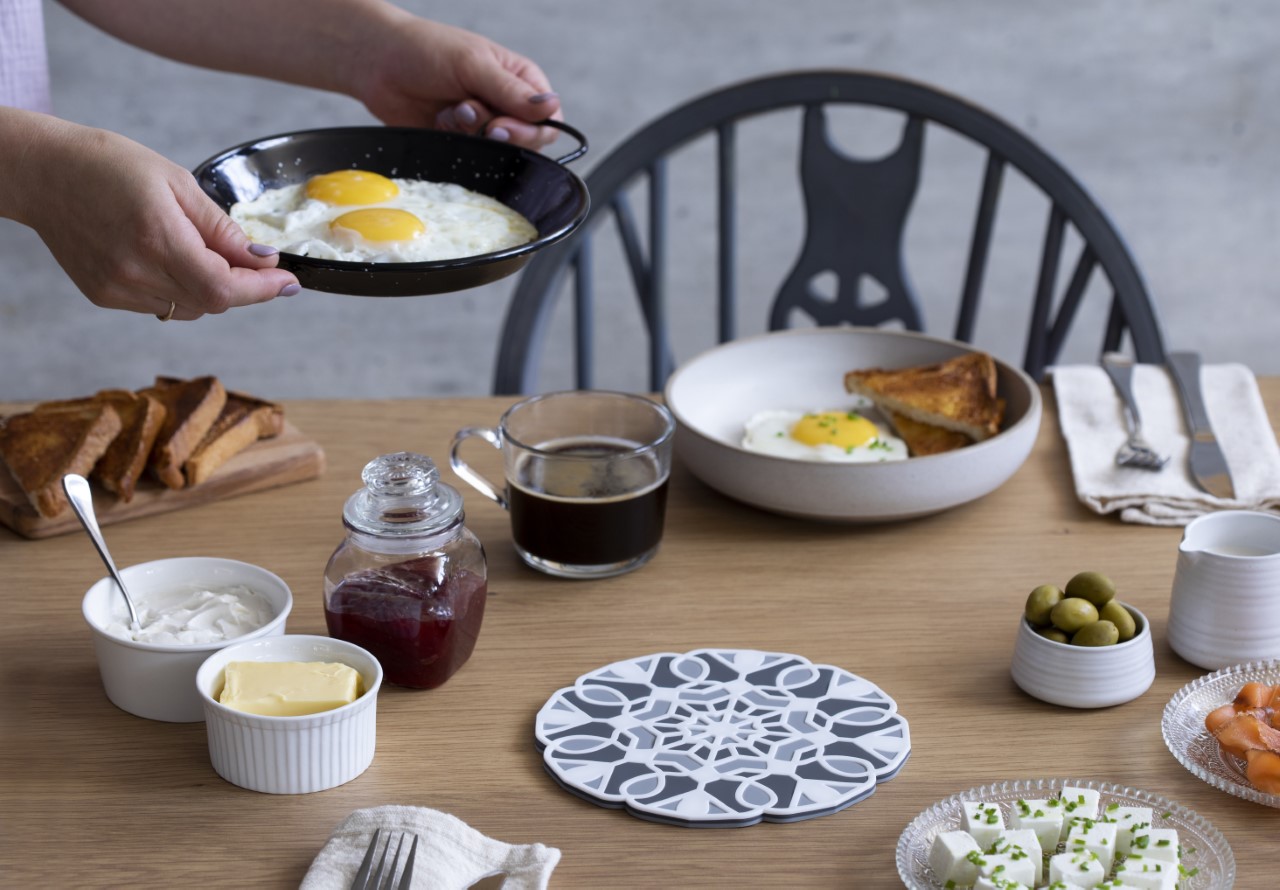
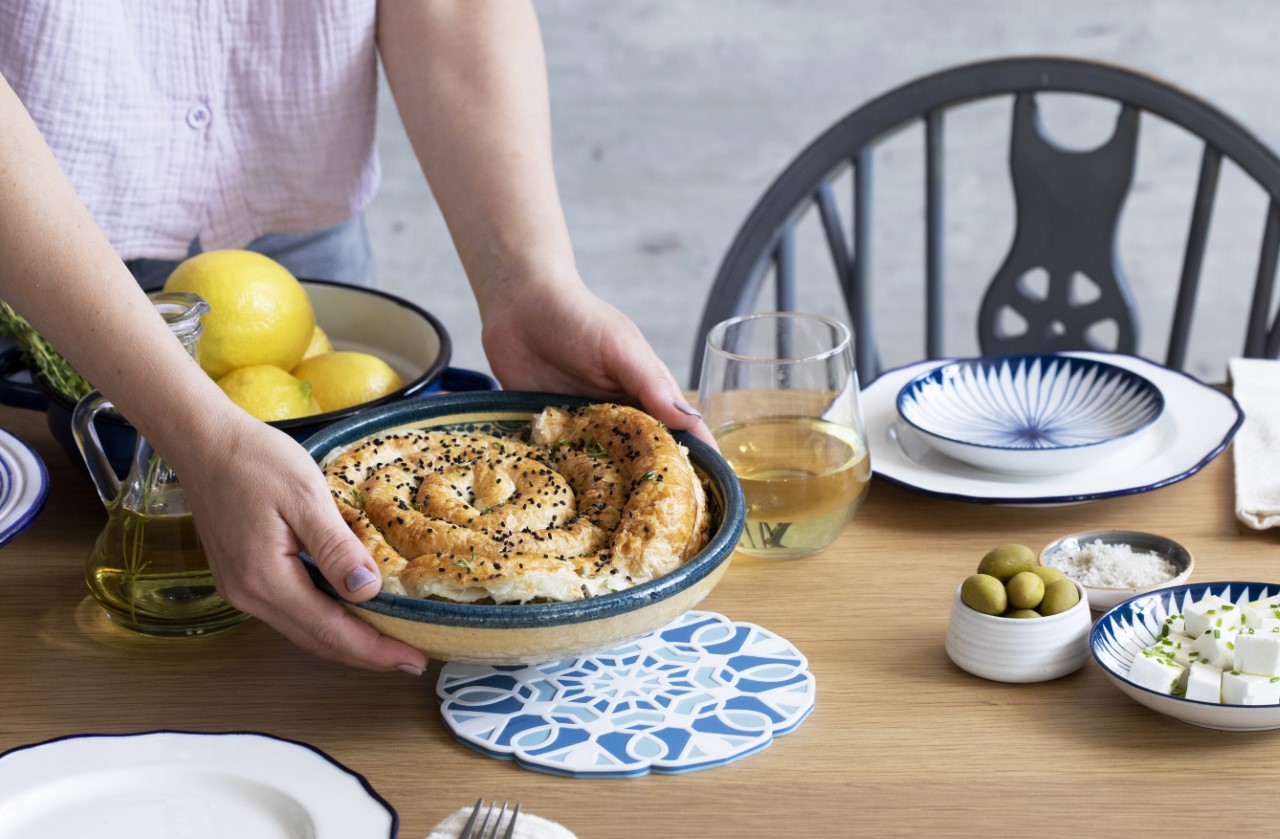

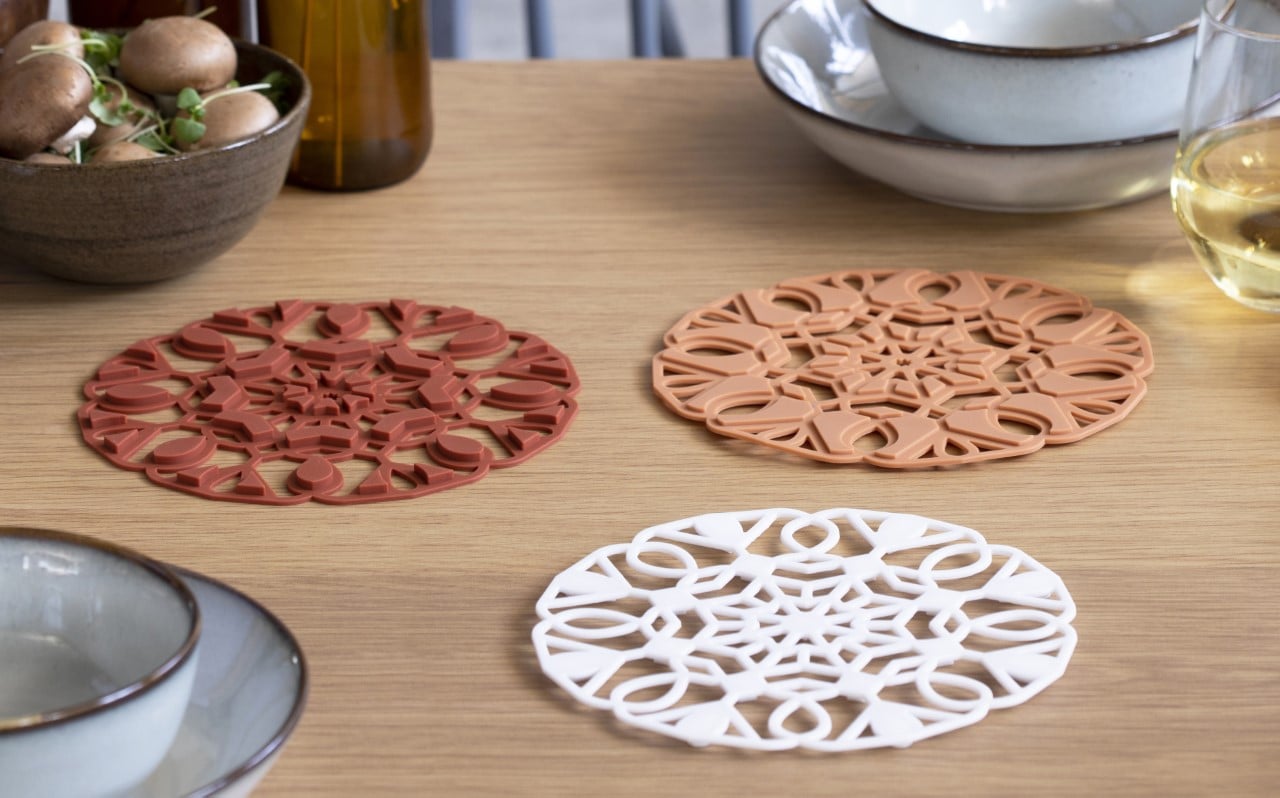
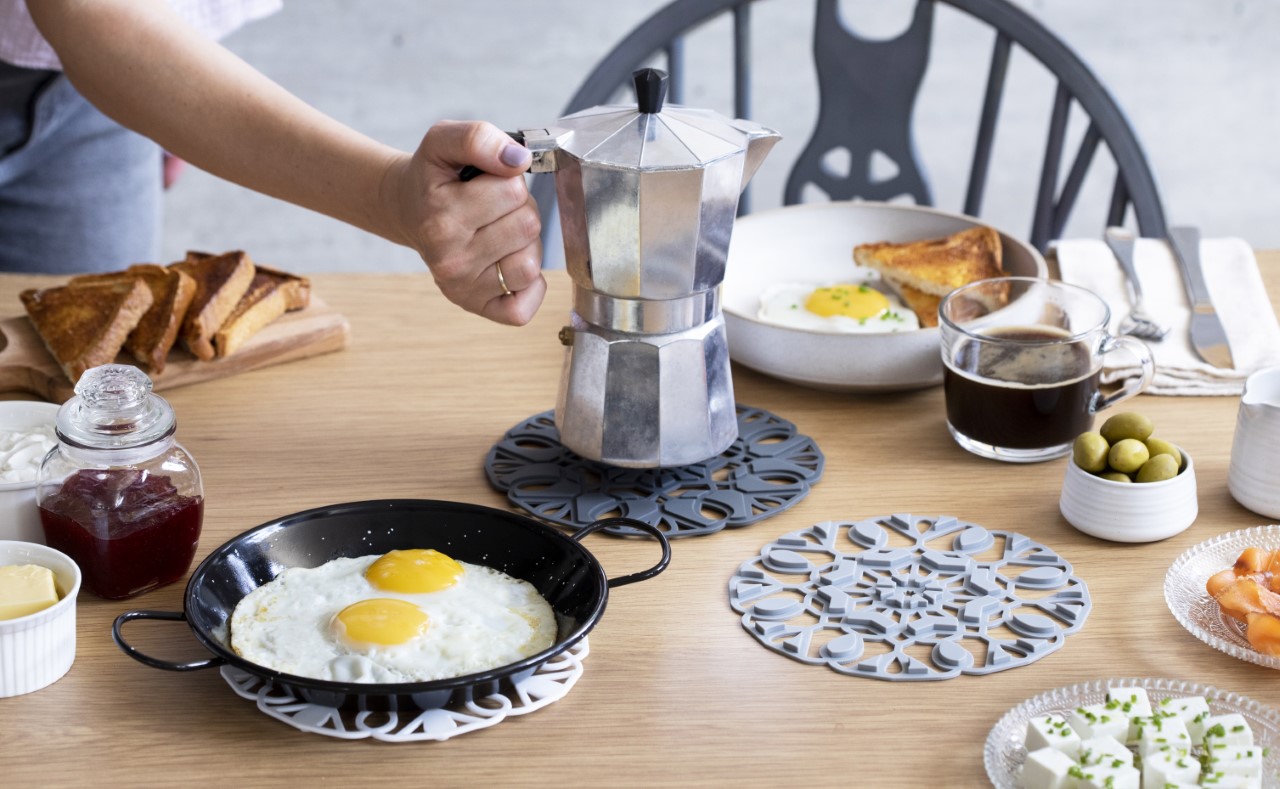
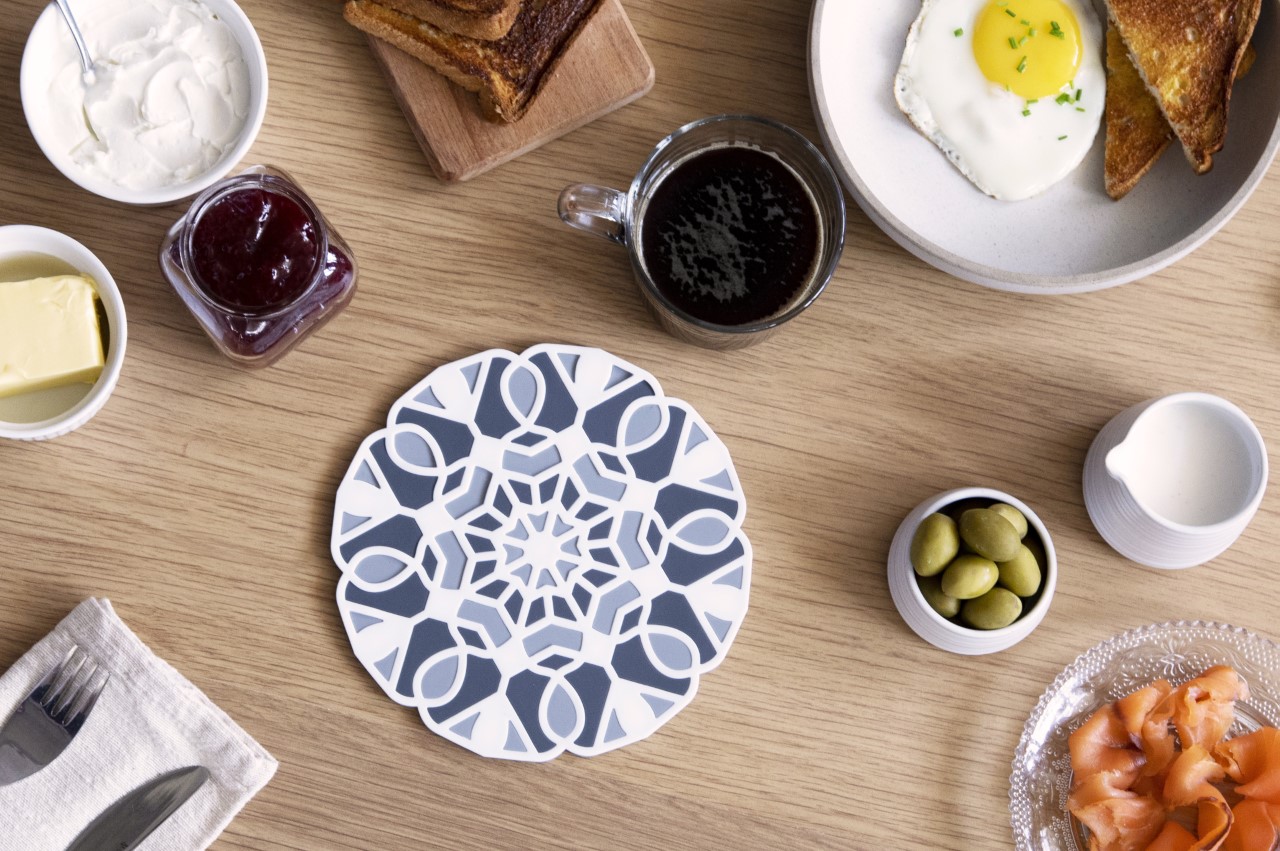
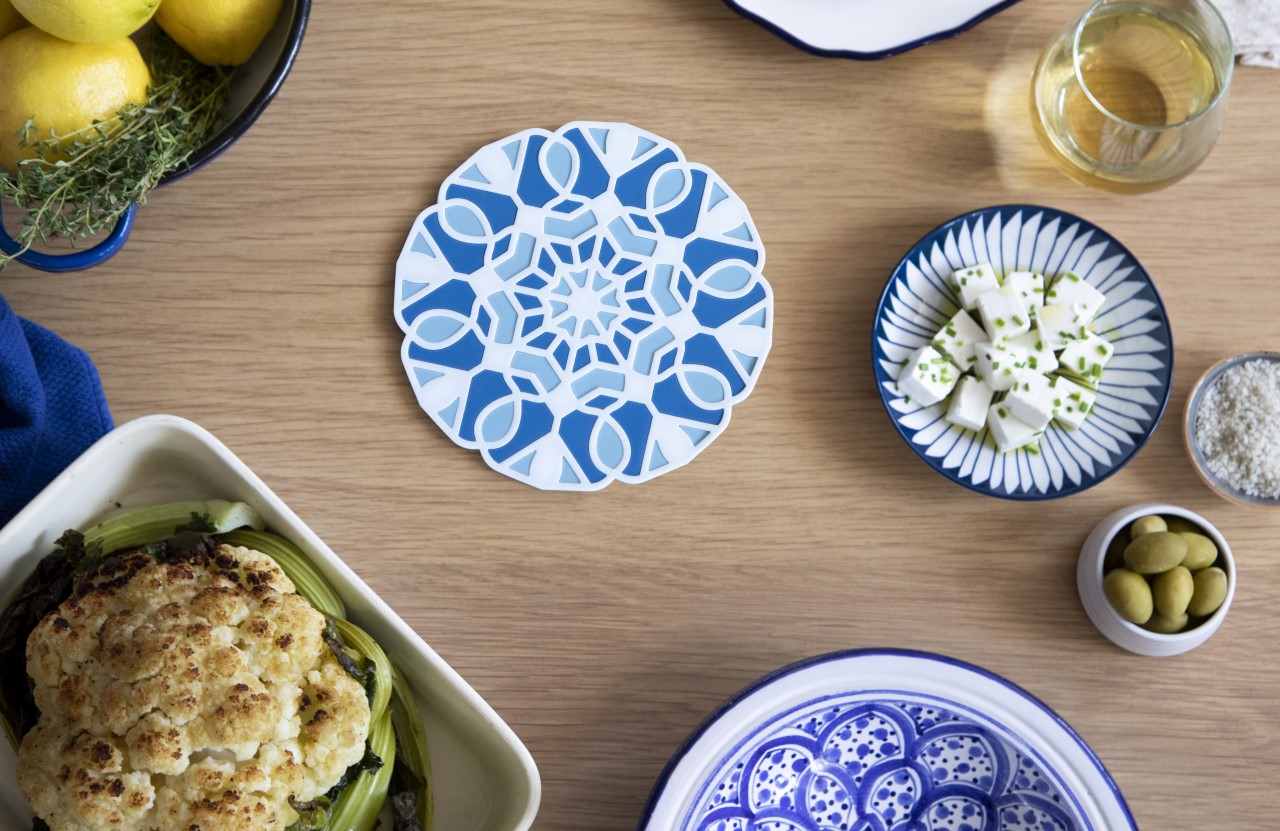
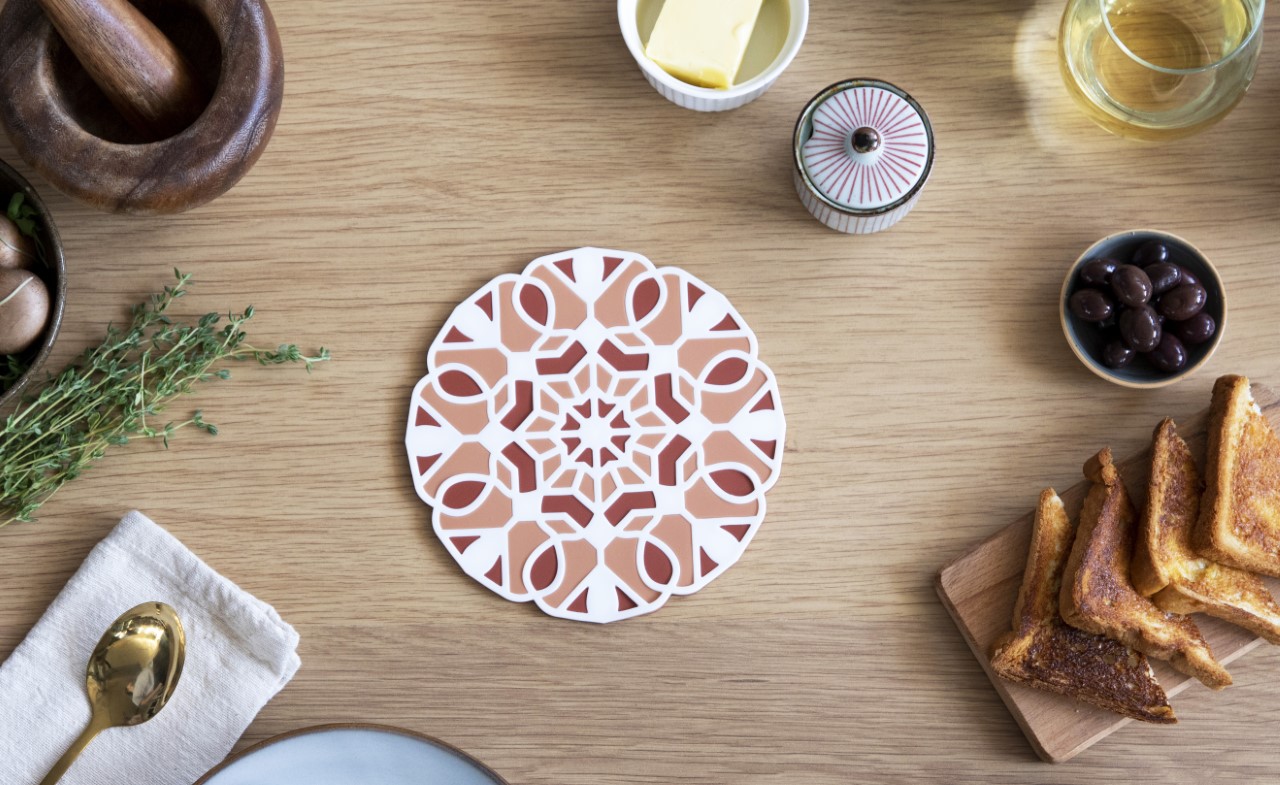
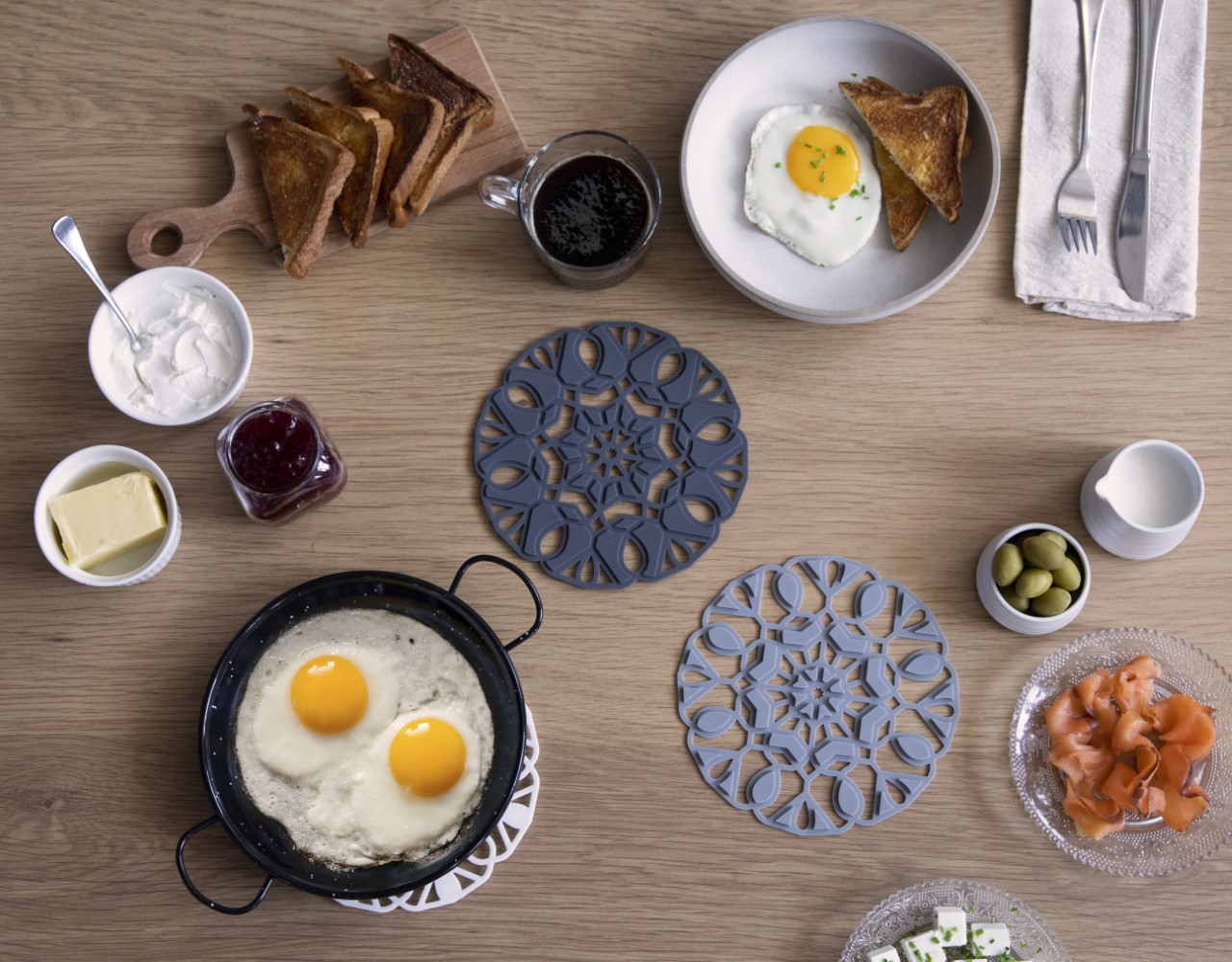
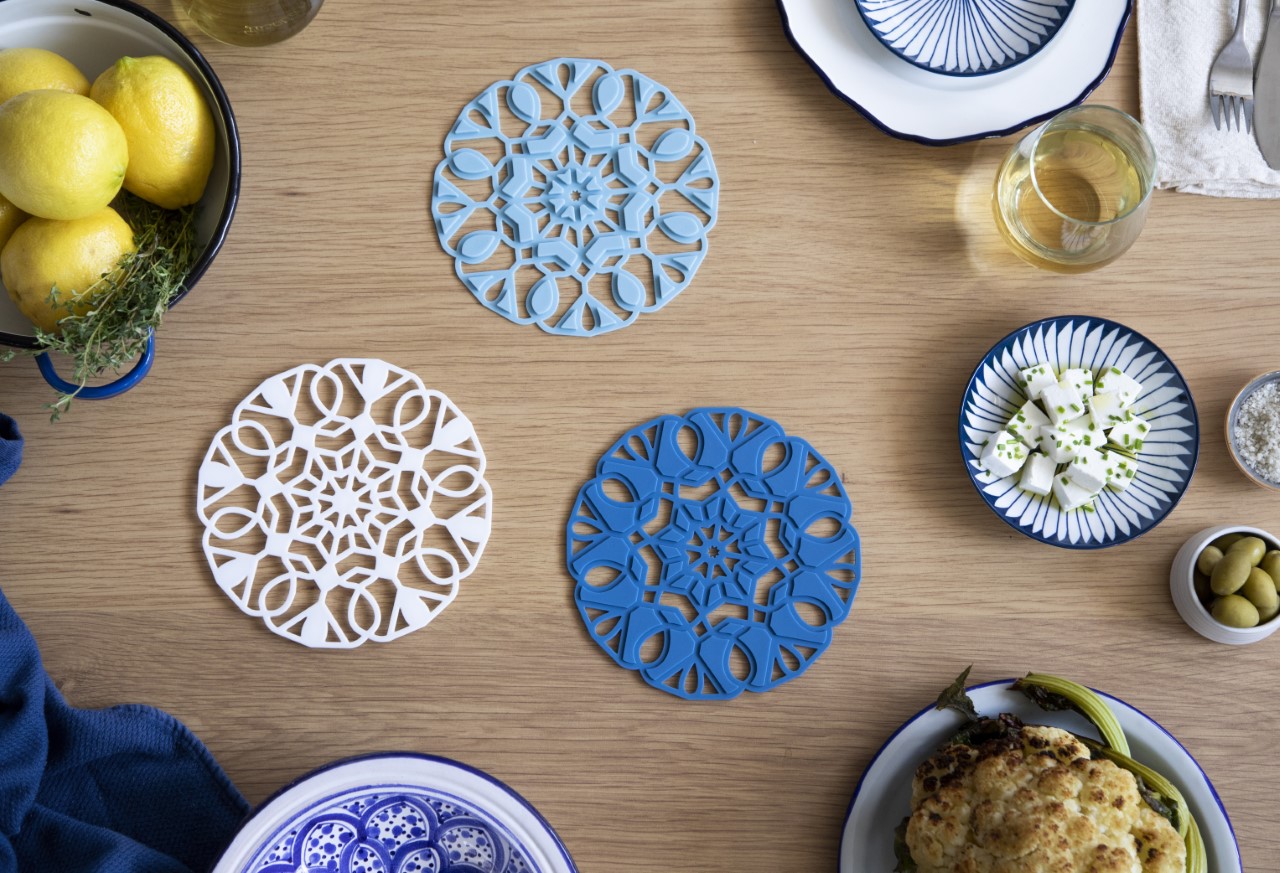
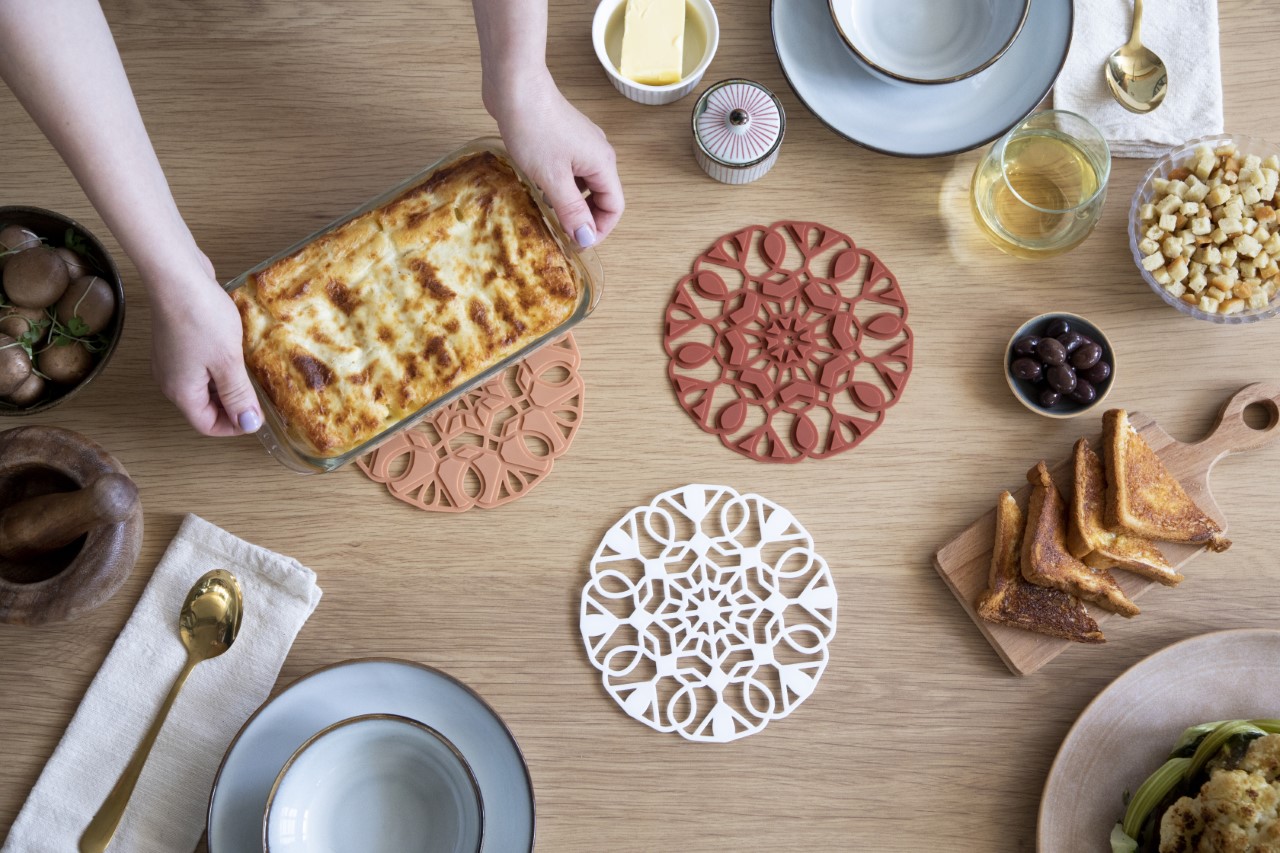
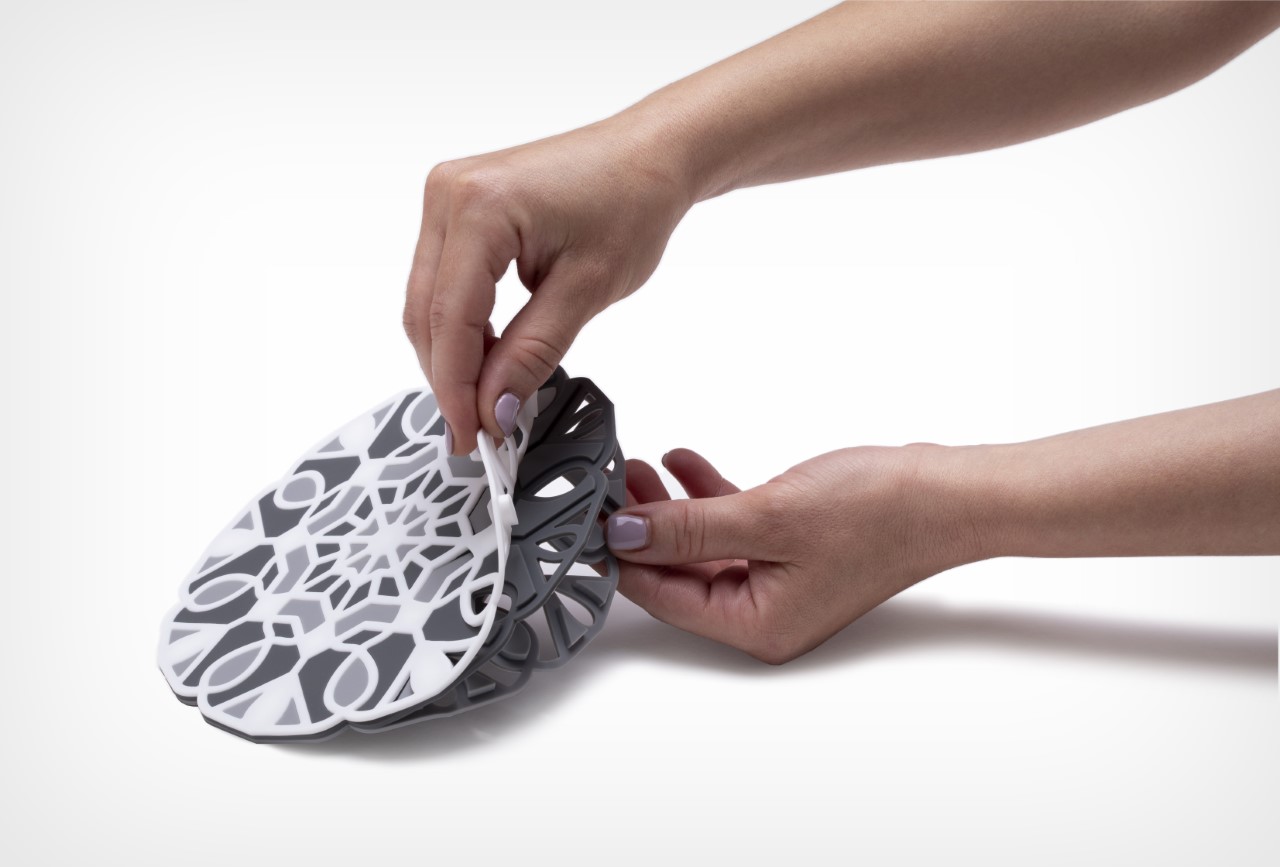
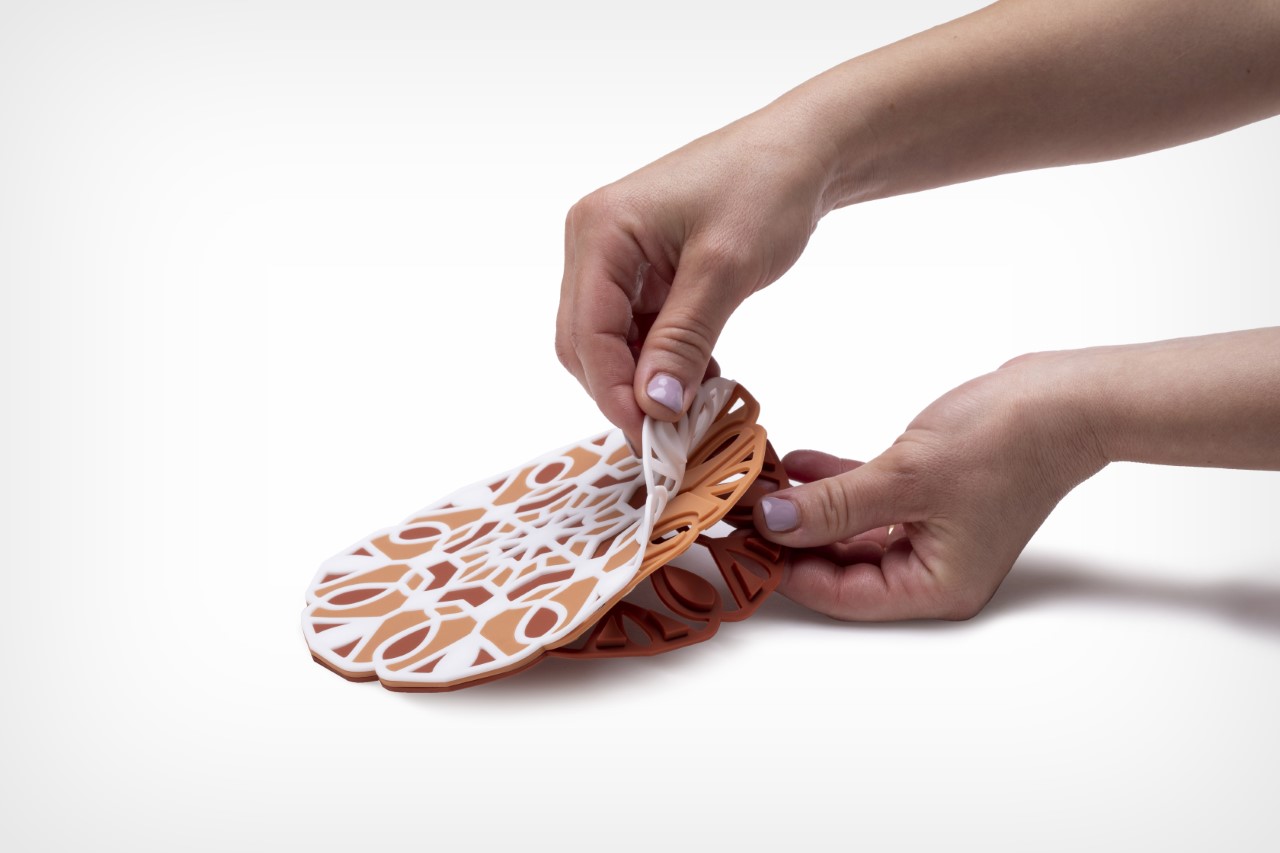
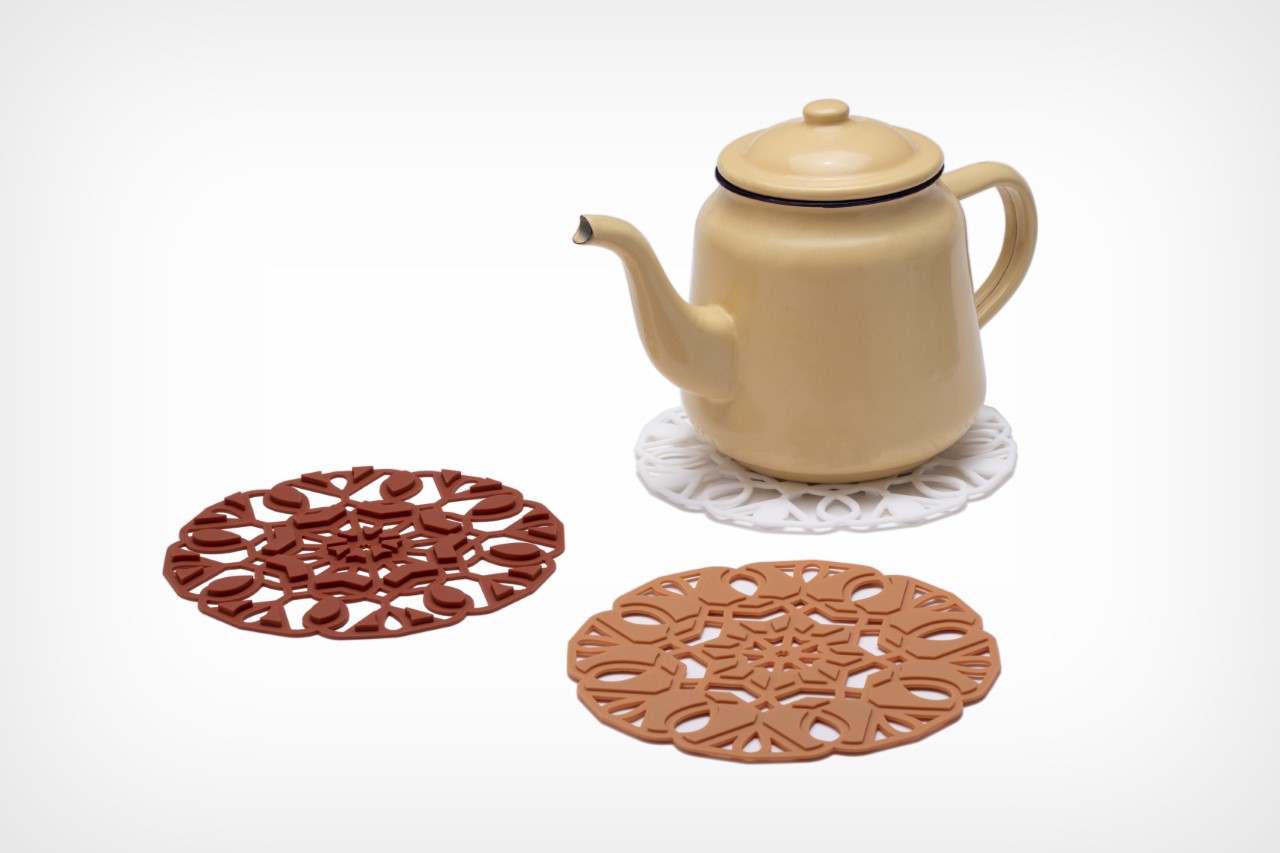
Post a Comment
Note: Only a member of this blog may post a comment.